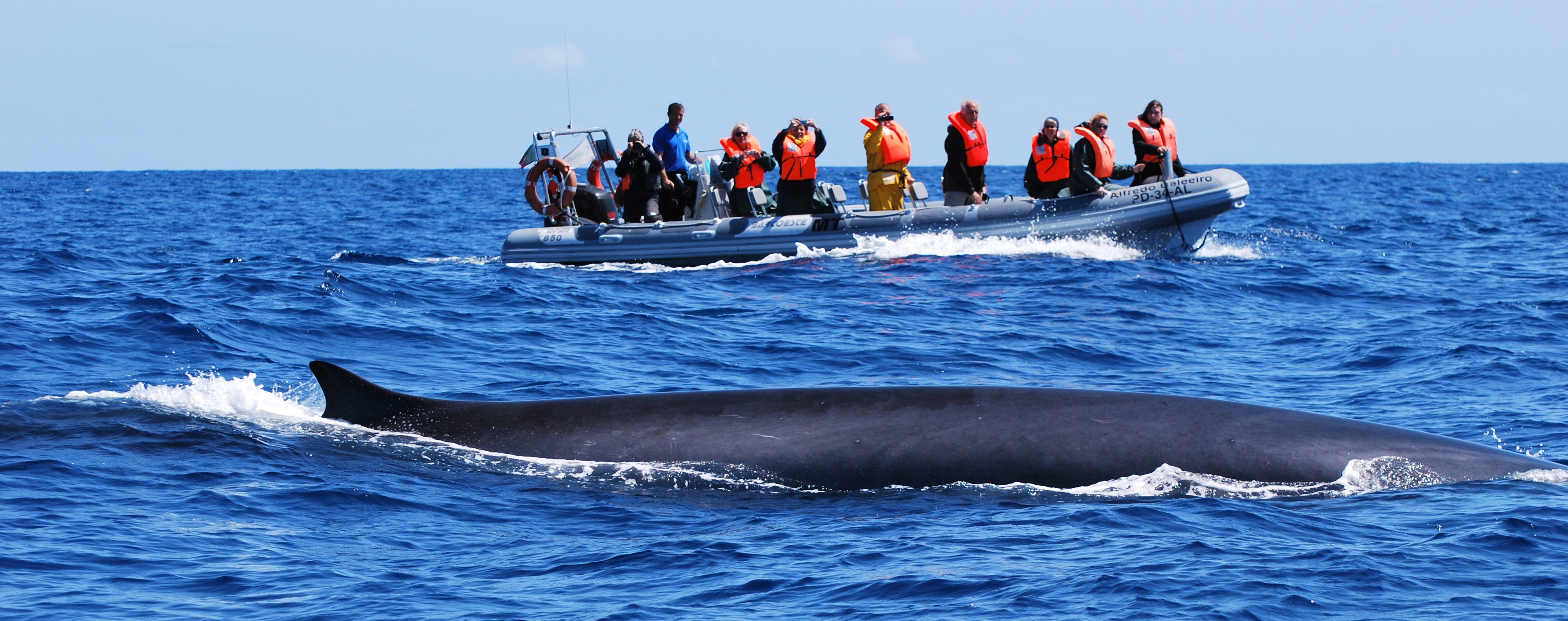
Whale watching in the Azores
Whale watching in the Azores is a must-do activity during any visit to the archipelago. As one of the world’s largest whale sanctuaries, it’s almost imperative that you get out onto the surrounding waters and look for the 20 different types of resident and migratory cetaceans found here.
When both the BBC and National Geographic have travelled to the Azores with their cameras ready to record these fantastic animals, you know you’ve come to the right place for whale watching.
View our holidays in the Azores complete with whale watching here.
About Whale watching in the AzoresFeatured Holidays
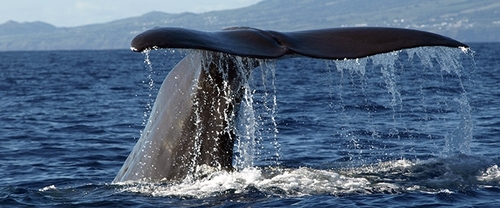
When is the best time to see whales in the Azores?
You can enjoy whale watching in the Azores throughout the year due to the number of species that live here permanently and those that are on their migratory path during different months of the year.
It is extremely common to spot a cetacean during your boat trip. In fact, whales and dolphins are spotted on 98% of the tours.
Though whales can be spotted at any time, it can be said that the main whale watching season runs from April to October as there are usually more species passing through the Azorean waters on their migratory paths. That’s why we run all of our holidays to the Azores between these months, to give you the best chance of spotting a flick of a tail, a spurt of water from a blowhole or even a full breach!
Rest assured there is no ‘best time in the day’ to see whales in the Azores and your boat trip will run in the morning or afternoon, depending on the weather and sea conditions.
Which whale species can be found in the Azores?
Sperm whales are resident species, feeding on the giant squid found in the Atlantic. This means that they are the most commonly sighted whale species but there are many others you could see too.
April and May are usually the best months for larger whales such as blue, fin and sei, and October in the past has been a great time to see humpback whales. However, this is only looking at past patterns, we’ve also seen sei whales in summer and the mighty blue whale in winter!
There are also many other types of marine life to be on the lookout for including dolphins and turtles.
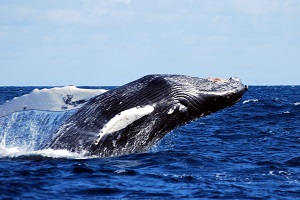
 - Credit Futurismo Azores Adventure.JPG)
What to expect from your whale watching trip in the Azores
Most of the whale watching trips take place on a Rigid Inflatable Boat (RIB) which really adds to your experience as you speed across the water in search of the magnificent marine life. There may be an option for a catamaran instead, but please enquire about this with one of our Artisan Travel Experts at the time of booking.
The only thing we recommend for you to bring is your camera – these are certainly memories you’ll want physical evidence of!
As well as the skipper, a marine biologist will accompany you on your trip to discuss the different whale species and help you spot the wonderful animals in the water.
Though you can’t swim with the whales, it is truly an amazing experience to see these huge creatures in their natural habitat. We do, however, offer swimming with the wild dolphins that call these waters home on our Wildlife and Volcanic Exploration holiday, our Volcanic Wonderland trip and our Volcanic Island Short Break.
Which island can I go whale watching in the Azores?
You can whale watch from different locations in the Azores. Many of our trips depart from Ponta Delgada, the capital situated on São Miguel Island. However, you could start your boat trip from the island of Pico where you can also spend time at the old whalers’ museum, learning about how the Azores transitioned from a pro-whaling nation to one that now promotes conservation.
This whaling history can be seen all around the islands with ‘vigias’ found dotted along the coast. These whale observation posts were traditionally used to alert whale hunting fleets. Today, they do the same job of spotting the whales but now, this information is fed back to the whale watching tours. It takes very skilled spotters to be able to tell a species from miles away but there’s nothing stopping you giving it a try. You can also use these strategic lookouts to see more of the Azores’ fantastic landscape and surrounding waters, and if you’ve got a keen eye, you just might spot some of the whales!
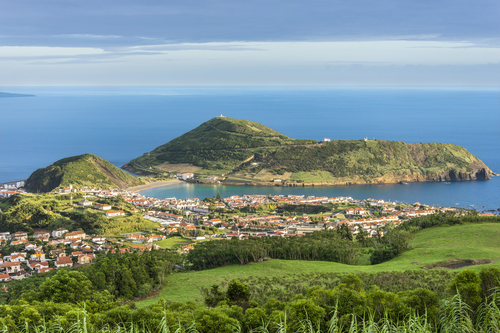
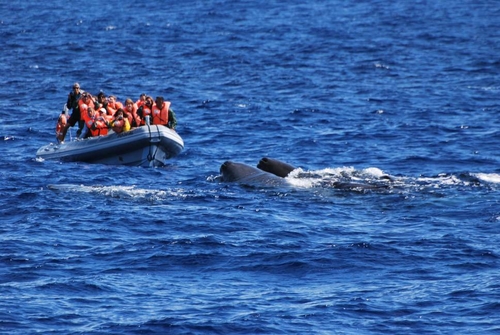
Protecting the whales of the Azores
Whale watching is taken very seriously in the Azores as they are a protected species and there are many safety measures in place. It’s important that humans keep interference to a minimum, this is about observing the whales in their natural environment, not disturbing them.
A code of conduct was developed to further protect the whales. It prohibits: chasing, disturbing or feeding the cetaceans, swimming with the whales, polluting the sea, making noise (whales are very sensitive to noise), and having more than three boats in the same spot at once. The boats must also only ever approach the cetaceans from behind and must keep at a constant speed, and leave the whale alone if they seem agitated. The boat must keep more than 50 metres away, or 100 metres if there are babies present.
Whales are naturally very inquisitive, so they may come closer to the boat, however, when this is their choice it’s absolutely fine!
View our holidays in the Azores complete with whale watching trips here.
Image credit: Futurismo Azores Adventure



 Travel Website Development
Travel Website Development
